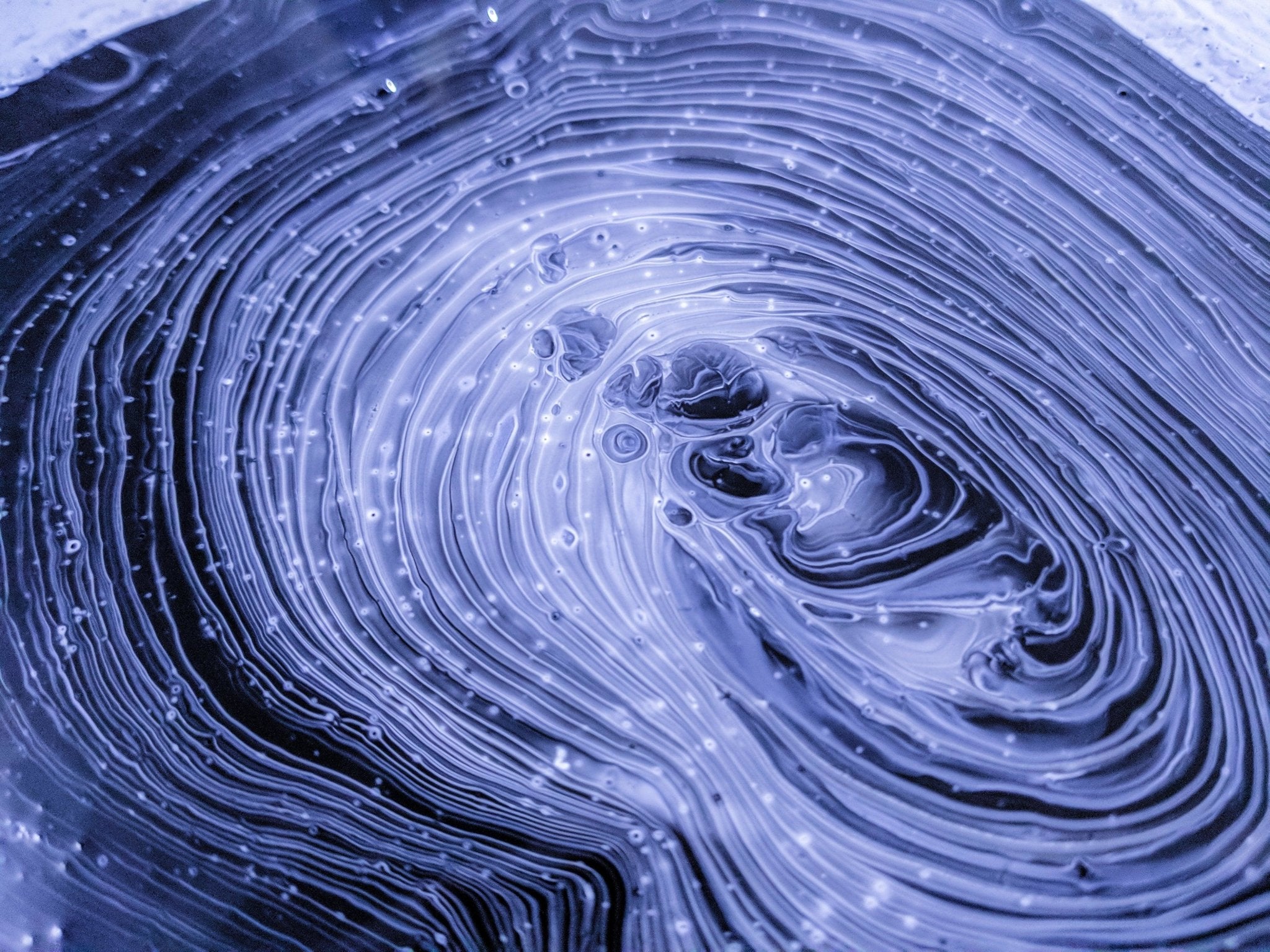What is a Free Radical?
Free radicals are molecules that have an unpaired electron and are naturally produced in your cells as a byproduct of energy production. These unstable molecules seek out an electron from nearby molecules to stabilize themselves– causing damage to cells, protein and DNA in the process. Free radicals are also known as Reactive Oxygen Species (ROS), and include superoxide anions (O2·−), hydroxyl radicals (OH·), and peroxyl radicals (ROO).

Not all Free radicals are Bad
Some free radicals help cells communicate, eliminate harmful microbes, and even facilitate the immune response. Free radicals like Hydrogen Peroxide (H2O2) and Nitric Oxide (NO•) have important functions inside your cells. For example, Hydrogen Peroxide is used by your immune cells to kill bacteria and nitric oxide is a signaling molecule that relaxes your blood vessels.

The Most Dangerous Free Radical
At low levels, free radicals are useful inside your body. For example, a burst of superoxide or hydrogen peroxide attracts nearby neutrophils (the immune system’s first responders), to rush to the area to fight microbes, remove damaged tissue, and begin the inflammation process.
Hydrogen peroxide also stimulates the production of antioxidant enzymes and can trigger apoptosis (programmed cell death). It’s an important molecule that needs to be at optimal levels at all times as a way for cells to communicate with one another and the immune system.
The problem is that hydrogen peroxide has the potential to convert into the deadliest free radical, the hydroxyl radical (OH•). In a process called the fenton reaction, hydrogen peroxide reacts with free floating iron to form hydroxyl radicals and hydroxide. There's a delicate balance that needs to be maintained to help keep your cells working well while preventing hydroxyl radical production.
Oxidative Stress is the Root Cause of Health Issues
The issue isn’t free radicals themselves, but when there's too many of them. Your antioxidant defense system usually neutralizes free radicals before they cause any damage; however, excess free radical production can overwhelm your natural defenses. Oxidative stress is an imbalance between the production of free radicals and antioxidants in the body. In other words more free radicals are being produced than your body can handle. This leads to hydroxyl radicals emerging and causing massive damage to your cells.
Research shows that most chronic diseases are associated to oxidative stress including:
-
Cancer 1, 2
- Cardiovascular Disease 3, 4
- Alzheimer’s 5, 6
- Asthma 7
- Rheumatoid Arthritis 8, 9
- Diabetes 10, 11
- Allergies 12
- Aging 13
Factors that Increase Free Radicals
Environmental factors can especially increase the production of free radicals. This is why finding ways to minimize excess free radicals and oxidative stress is important. Here are some that you can control based on your lifestyle.
- Chronic Stress – Some level of stress is necessary to keep your body and cells healthy, but chronic stress contributes to excess free radical production and oxidative stress. Stress hormones like cortisol and adrenaline increase metabolism, leading to increased free radical production. When this happens regularly, your antioxidant enzymes get depleted and oxidative stress begins to do its damage. Make sure to take a step back from situations that stress you out and try relaxing activities that may ease the tension.
- Alcohol – After a night of excessive drinking, your cells have to work hard to remove toxins from your body. Glutathione peroxidase (GSH) is a key player in this effort and also helps keep your hydrogen peroxide (H2O2) levels in check. When overconsumption of alcohol depletes GSH, H2O2 levels increase leading to the production of hydroxyl radicals. Enjoying alcohol is fine as long as you don't overdo it!
- Processed Food – Processed foods such as packaged pastries, microwave meals and sausages are a major culprit of increased free radical production. These foods are usually full of preservatives that improve shelf-life and lack the nutrition your cells need to function properly. The biggest free radical culprits in processed food are vegetable oils (canola, corn, sunflower seed, grapeseed). Fats and oils become oxidized when exposed to light, air or heat upping free radical production. Whenever you can, eat fresh food that you cook yourself in healthy fats such as avocado oil, coconut oil, grass-fed butter and olive oil.
- Environmental Toxins – You’re constantly exposed to chemicals in your everyday life in places you may not be aware of. There are harmful chemicals in laundry detergent, soap, shampoo, makeup, and skin care. If you live in the city, carbon monoxide from cars and pollution from industrial zones are affecting you more than you think. When these chemicals build-up in your system your cells become inefficient and in turn produce more free radicals. Using non-toxic alternatives for shampoo, soap, and detergent is a great way to reduce exposure to harsh chemicals and is better for the environment. Make sure to detox periodically, and drink clean, purified water to help flush out the toxins regularly.











